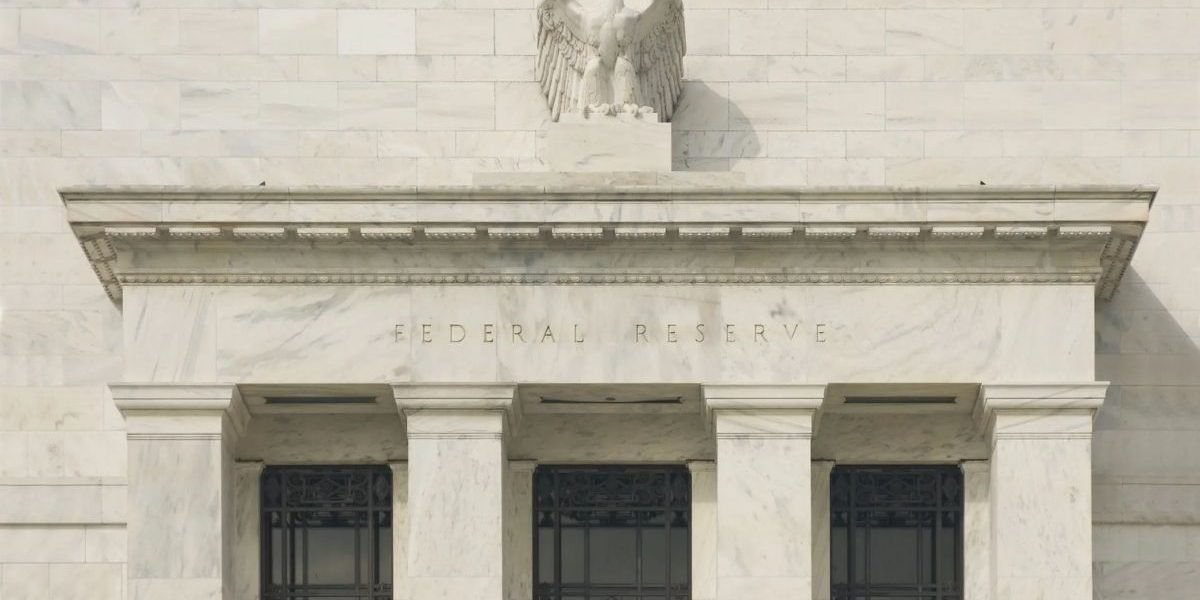U.S. Federal Reserve to let leverage exemption expire on March 31 this year

Big U.S. banks will have to restart holding an extra layer of loss-absorbing capital against U.S. Treasuries and central bank deposits from next month onwards. This move comes after the Federal Reserve said it would not extend a temporary waiver that had exempted those assets from a key bank leverage rule.
The Fed said on Friday, it would review the “supplementary leverage ratio” rule because of concerns it is no longer functioning as intended as a result of the central bank’s emergency pandemic monetary policy measures.
On Friday the shares of the largest U.S. banks fell in pre-market trading immediately after the Fed’s announcement. JPMorgan Chase & Co was down nearly 2%, while shares of Wells Fargo & Co, Bank of America Corp and Citigroup Inc tripped nearly at 1.5% each.
Due to the COVID-19 pandemic, there was stress in the Treasury market. So, to motivate bank as American households and businesses struggled amid lockdowns, the Fed last April excluded U.S. Treasuries and central bank deposits from the leverage ratio until March 31 this year.
Unsure about whether the Fed would adhere to that expiration date has added to ongoing uneasiness in fixed income markets. Experts have said permitting the rule to expire could push banks to cut back government debt and lessen the funding for other investors to buy bonds.
But on Friday, Federal Reserve officials said they were sure that allowing the exemption to expire would not impair Treasury market liquidity or cause market disruption because the Treasury market had stabilized and big banks have high levels of capital.
The U.S. 10-year Treasury yield rose slightly Friday morning to 1.7353%, indicating some initial concern over the news.



